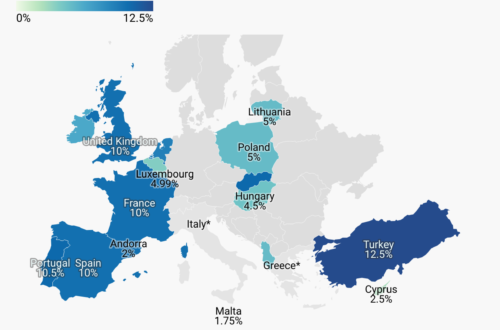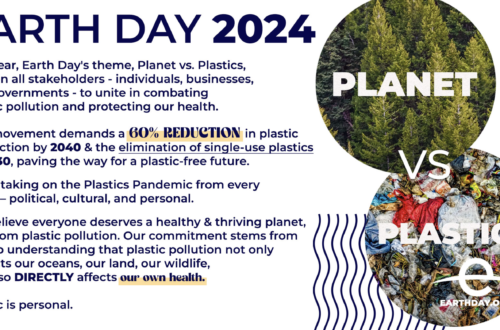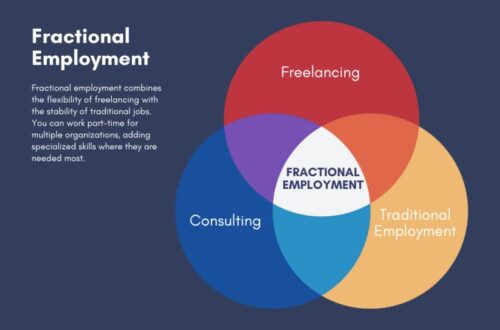
Family Offices
Family offices are private wealth management entities established to oversee the financial and personal affairs of ultra-high-net-worth individuals (UHNWIs) and their families. They offer a bespoke range of services, including investment management, tax planning, estate management, philanthropy coordination, and even lifestyle services. The primary goal of a family office is to preserve and grow the wealth of a family across generations while meeting their unique needs and values.
There are two main types of family offices:
- Single-Family Offices (SFOs): These serve one family exclusively, providing fully personalized services. They are often created by families with significant wealth and require considerable resources to operate.
- Multi-Family Offices (MFOs): These manage the wealth of multiple families, allowing for cost-sharing and access to a broader range of expertise. MFOs are ideal for families who seek comprehensive services but do not have the scale or desire to establish their own office.
Current State of Family Office Funds
The number of family offices globally has surged, with an estimated 8,030 single-family offices in 2024, projected to reach 10,720 by 2030. This growth reflects the increasing wealth among UHNWIs and the demand for tailored financial solutions.
Family offices have become more professionalized in recent years. Over half have established formal investment committees and clearly defined policy statements. Governance practices are improving, with 70% implementing performance review processes. Many offices are also separating operations from family businesses to enhance efficiency and focus on core objectives.
Investment Trends and Market Statistics
Family offices continue to lean heavily into private markets, particularly private equity, which remains the most favored asset class. On average, family offices allocate 22% of their portfolios to private equity, followed by unlisted real estate and venture capital. Approximately 89% of family offices invest in venture capital, reflecting a growing appetite for high-growth opportunities.
Impact investing, particularly in sectors like renewable energy, healthcare, and education, is gaining momentum. Nearly 35% of family offices have integrated environmental, social, and governance (ESG) factors into their investment decisions, aligning with global sustainability goals.
Key market data includes:
- Private Equity: Over 50% of family offices increased their allocations to private equity in 2024-25.
- Real Estate: 33% boosted investments in unlisted real estate, focusing on sustainable and commercial properties.
- Venture Capital: Technology and AI-focused venture funds have been top recipients, with 60% of family offices citing strong opportunities in these areas.
Notable Named Examples
- Walton Enterprises LLC: The family office of the Walton family, owners of Walmart, manages assets exceeding $225 billion. It focuses on diversified investments, including private equity and philanthropy.
- Cascade Investment: Established by Bill Gates, this family office manages over $170 billion in assets, with significant investments in real estate, energy, and technology.
- Bezos Expeditions: Jeff Bezos’ family office oversees investments in venture capital, including high-profile startups like Airbnb and Uber, as well as philanthropic initiatives.
- Pontegadea Inversiones: Owned by Amancio Ortega, founder of Zara, this family office manages over $54 billion, with a focus on real estate and retail investments.
- Soros Family Office: Founded by George Soros, this office manages approximately $30 billion, with a strong emphasis on impact investing and global markets.
Forecast for 2025 and Beyond
The outlook for family office investments is bright, with key trends shaping the future:
- Technological Innovation: AI and digital transformation are transforming the investment landscape. Family offices are leveraging AI to optimize portfolios, manage risk, and improve decision-making.
- Sustainability and Impact Investing: ESG principles are increasingly embedded in strategies, with families prioritizing investments that align with their values and contribute to global challenges such as climate change.
- Diversification: Alternative investments, including private equity, venture capital, and sustainable real estate, will see growing allocations as families look to balance risk and reward.
- Global Opportunities: Emerging markets, particularly in Asia and Latin America, offer diversification benefits and significant growth potential. Family offices are increasingly targeting these regions for investment.
Conclusion
Family offices are redefining wealth management through professionalization, diversification, and a commitment to innovation. By aligning portfolios with technological advances, sustainability goals, and global growth opportunities, they are well-positioned to navigate the complexities of the financial landscape in 2025 and beyond. Their influence in shaping future investment trends will undoubtedly remain strong as they continue to set the benchmark for personalized, multi-generational wealth management.





